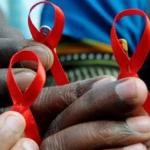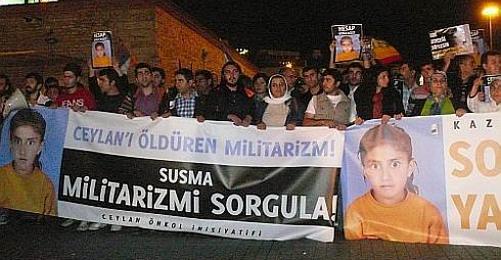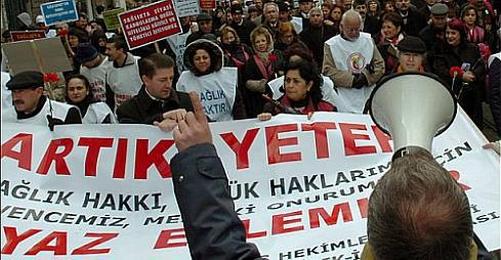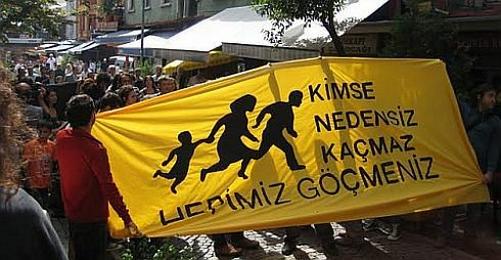The Turkish Positive Life Association (PYD) has researched rights violations experienced by HIV positive people. Based on the sessions of legal advice the association organised between July 2007 and July 2008, the association has noted that people had most problems with health services.
The report, which was supported by the Open Society Institute, lists other areas of rights violations:
Social circles and friends: People are marginalised, rejected and maltreated
Work place: Once a diagnosis has been made, they face many threats and harrassment. Although there is no legal obstruction to HIV positive people working, they find themselves unemployable or dismissed after a diagnosis. Civil servants, whose prescriptions are dealt with by accountants at the workplace constantly fear being found out and thus cannot use the health service to be treated.
Legal discrimination: Although there is no legal obstruction of marriage for HIV positive people, authorities expose them to arbitrary decisions, expose them and might not marry them.
Media coverage: Privacy and personal rights are ignored. They are exposed. There is misinformation about the state of being HIV positive, which encourages further prejudice.
The following chart shows where people face most problems:
With health services (light blue), at the work place (purple), in public (green), in the media (yellow), or in social circles (red).
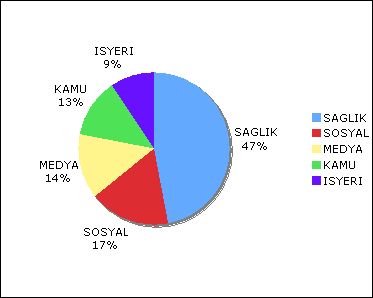 More people seeking legal redress
More people seeking legal redress
Çiğdem Şimşek of the PYD says, “The legal advice services and information projects of the PYD during this time have shown that, compared to the past, HIV positive people are increasingly seeking legal redress for rights violations.”
The association was formed in 2005 by HIV positive people, their relatives, activists, as well as doctors and academics. The aim of the association is to provide support for HIV positive people and their relatives, as well as providing advocacy and carrying out awareness raising projects.
At the Positive Life Support Centre, people living with HIV can avail themselves of medical, psychological, social, legal and peer support.
Since the centre started to function in July 2006, it has been able to access and support around 400 HIV positive people. (EZÖ/AG)
Click here to access the website of PYD.





sa.jpg)

